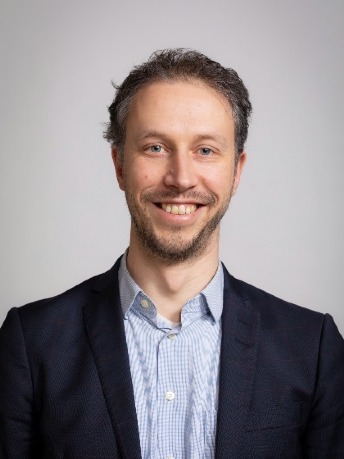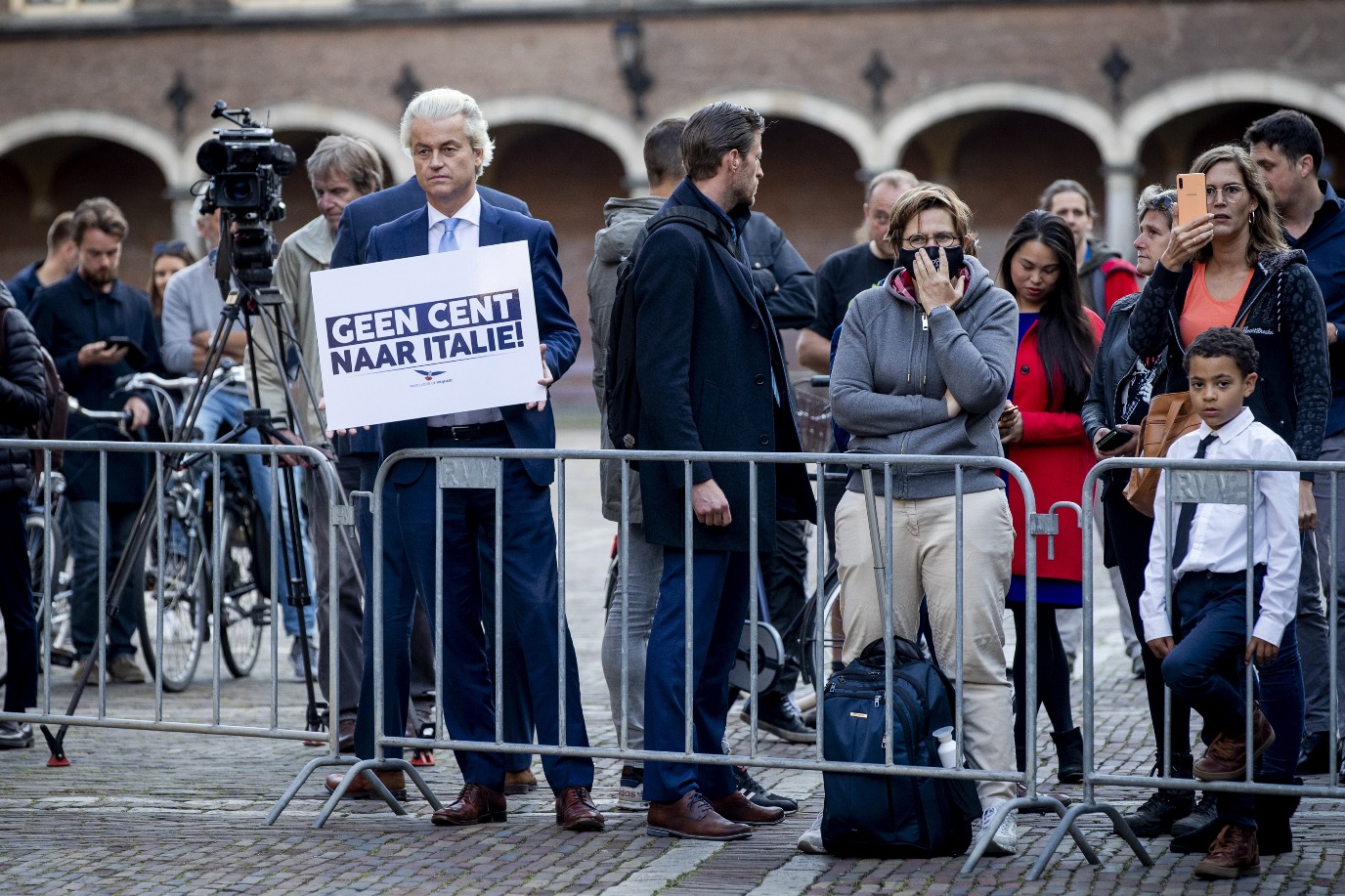‘The European elections will be as boring as always’

This year, around 4 billion people in almost 70 countries as well as in Europe will have the opportunity to vote. This year more than ever will reveal the state of democracy in the world. UG researchers Ritumbra Manuvie, Pieter de Wilde, and Lisa Gaufman look ahead to the elections in India, Europe, and the United States, respectively. This week: Pieter de Wilde. He predicts that the European elections will be as boring as always.
Various media were doomsaying this past January: we should expect a ‘sharp right turn’ in the European Parliament elections in June. The newspapers and news sites based themselves on a report from the European Council on Foreign Relations (ECFR), a pan-European think tank. Pieter de Wilde, Professor of European Politics and Society, has often heard similar predictions to the point where he no longer believes them. ‘During the European elections campaign, you consistently hear that the far right will win. That same sentiment was present in earlier European elections. It’s true that the parties to the right of the European People’s Party (EPP), the centre-right fraction of Christian Democrats and Conservatives, are growing larger. But they have never been a key factor within the European Parliament.’
No difference
A strange realization when the fact is that European elections attract a relatively high number of protest voters. De Wilde: ‘Opposition parties and parties at the ends of the political spectrum usually garner more votes in European elections than they do on a national level.’ The reason for the far right being unable to make a difference is that the European elections are ‘a lot of small, national elections grouped together’, as De Wilde calls it. ‘That’s why there are fewer political shifts in European elections than we are used to in the Netherlands. If the far right wins in our country, they usually lose in a different country, which evens the score as a result. The best prediction is that the elections will be quite boring.’
Sharp right turn
Even if we do see a sharp turn towards the right, that will be all that comes of it, according to De Wilde. ‘There would be a possibility that the political fraction Identity and Democracy, in which the extreme right parties are united, will form a majority in the European Parliament together with the European People’s Party and the European Conservatives. The EPP will also still reach a majority with the left and liberal parties, but, one way or another, the EPP will establish a better negotiating position, because they can choose who to form a majority with. That would be new.’
European Constitution
That does not mean we’ll see a radically different political landscape, De Wilde assures us. He provides several reasons why: ‘European treaties go into a lot of detail about how the EU should practise politics. Moreover, the European Constitution also states what Europe is and isn’t allowed to do, which is quite a lot, and liberal politics are partially interwoven in this Constitution. For example, it covers the free market and the freedom of movement of capital within it. In addition, if the far right does become really big and forms a coalition with the EP, they would then find out that the member states, which are for the most part not governed by the far right, will object to and block all their plans, because the Commissioners of the European Commission are nominated by the national governments. The German Chancellor, for example, is a Social Democrat and would never support a far-right candidate from the Alternative for Germany (AfD) party. But the President of the European Commission does have to work together with these candidates, even if they are radically different to them in terms of politics.

What does Wilders want
What De Wilde finds more interesting: ‘The Party for Freedom (PVV) is far right and has become a strong political force in the Netherlands, but will Geert Wilders take his responsibility in the EU if he becomes the Dutch Prime Minister? *) Wilders drastically changed his rhetoric since his election victory to come across as more presidential, but he also still plays his traditional role of agitator. So, what will he do at the European level? If you want to stop immigrants, you have to be in the European Parliament, because that is where the shared borders are discussed. Does he want to destroy the EU, or does he want to restructure it into Fortress Europe in order to counter immigration? Is he in favour of another commission led by Von der Leyen? I can’t imagine he is, so who is his lead candidate for the European Commission? Eurosceptic parties tend to only offer criticism and no useful alternatives. Journalists should ask him some critical questions about that. That’s not happening right now.’
Anglo-Saxon doomsaying
Speaking of journalists, De Wilde would like to see more journalists who can speak a foreign language other than English. ‘The downfall of the EU has been predicted for years. Especially Anglo-Saxon media have been eager to report on this’, says De Wilde. ‘Dutch journalism is increasingly looking at English-language media, because journalists speak less and less other languages. That’s how doomsaying is imported here from England and the US. However, both the British and the American media have a political agenda to blacken the EU. If The Economist, The Guardian, CNN, or The New York Times were right, the EU would have ceased to exist thirty years ago.’
*) This article was written in February 2024, and may therefore be less current at this point.
Text Bert Platzer.
This article has been taken from our
alumni magazine Broerstraat 5
More information
-
Pieter de Wilde
More news
-
13 January 2026
Doing good in complex situations
